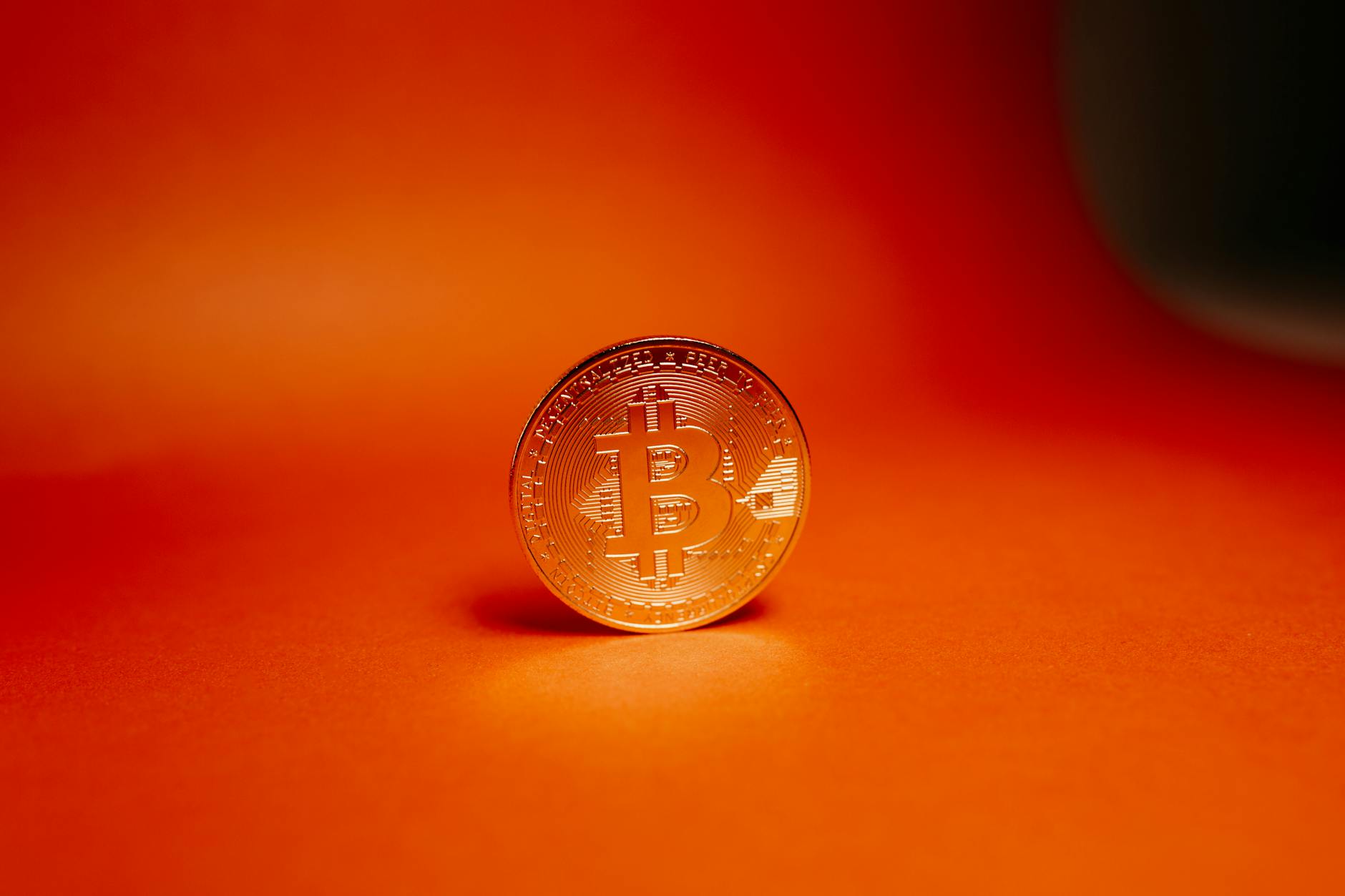South Korea is setting the stage for a fintech evolution, with President Lee Jae-myung steering the ship towards the open seas of crypto innovation. The latest announcement from his administration introduces the Digital Asset Basic Act, proposing that companies with a mere 500 million won ($366,749) in equity capital could soon issue their own stablecoins. This move isn't just a policy adjustment; it's a strategic play in the high-stakes game of digital finance.
For those unacquainted, stablecoins are cryptocurrencies designed to minimize volatility by being pegged to stable assets like the U.S. dollar. They've become the backbone of many crypto transactions due to their relative stability in an otherwise turbulent market. The implications of Jae-myung's proposition are profound, potentially catalyzing a shift towards a more decentralized financial ecosystem in South Korea. According to a report from Decrypt, the legislation, if passed, could democratize the issuance of these digital tokens, previously the domain of heavyweight entities.
The timing is notable. Cryptocurrency has been a hot potato globally, with regulatory bodies squabbling over how to manage these digital assets. South Korea's proactive approach could set a precedent, making it a potential haven for crypto innovation, much like what Delaware is to corporations in the United States. This isn't Jae-myung's first rodeo with crypto either. His previous flirtation with NFTs during his 2022 campaign and openness to Bitcoin ETFs underscores a commitment to integrating crypto more deeply into South Korea’s financial fabric.
This move also aligns with broader central bank trends, where entities like the Bank of Korea are considering their own digital currencies. Last month, the Bank hinted at issuing deposit tokens on public blockchains to complement private stablecoins. This layered approach to digital assets could provide a robust framework for managing the complexities of digital economies, fostering both innovation and stability.
Yet, the road ahead isn't without its bumps. Regulatory frameworks globally are still playing catch-up with the fast-evolving crypto landscape. South Korea’s pioneering legislation might invite scrutiny or even imitation, sparking a chain reaction of regulatory reevaluations worldwide. Moreover, allowing companies to issue stablecoins could invite risks associated with oversaturation and fragmentation of the market. Balancing innovation with oversight will be key. As we've explored in recent Radom Insights posts, the effectiveness of such measures will largely depend on the execution and the regulatory guardrails put in place.
Indeed, South Korea’s stablecoin gambit could either be a masterstroke or a cautionary tale in crypto regulation. As companies potentially line up to issue their own digital money, the global financial community will be watching closely. Will this foster a new era of fintech freedom, or will it prompt a regulatory clampdown? Only time will tell, but for now, South Korea is certainly not shy about placing its bets on the future of finance.



